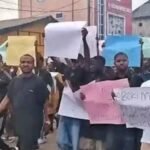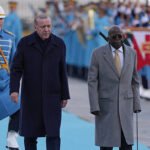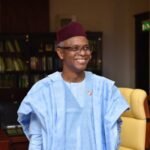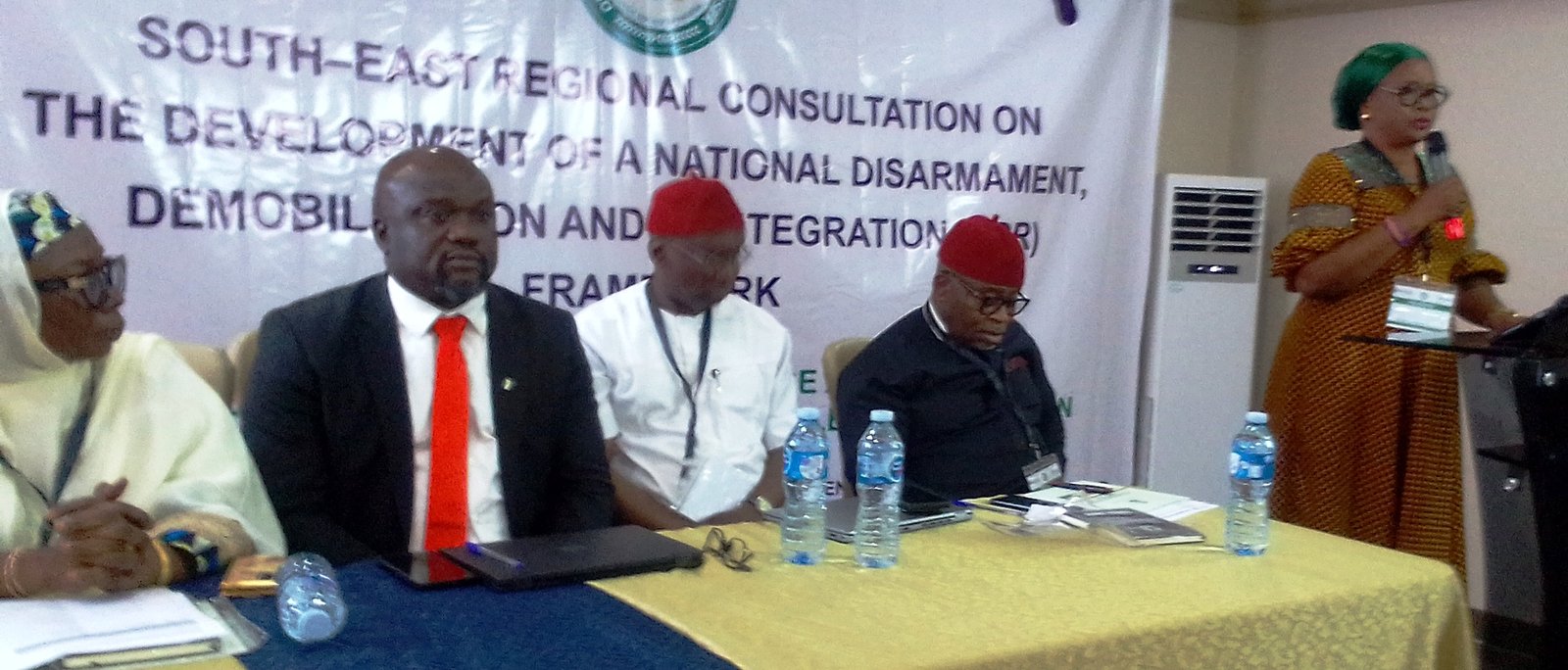ONSA Centre engages stakeholders in S/East on harmonisation of DDR framework
The National Counter Terrorism Centre (NCTC) has engaged strategic security stakeholders in South-East on harmonisation of Disarmament, Demobilisation and Reintegration (DDR) framework to be holistic, people-centred and sustainable.
In an address at the engagement in Enugu on Tuesday, the National Coordinator of NCTC under the Office of the National Security Adviser (ONSA), Maj.-Gen. Adamu Laka, said that insecurity undermine national stability, socio-economic growth and cohesion.
The two-day engagement was being organised by the Office of the National Security Adviser (ONSA) through the NCTC centre in collaboration with the Government of UK – Strengthening Peace and Resilience in Nigeria (SPRiNG) Programme.
Represented by Amb. Mairo Abbas, Director, Prevention and Countering Violent Extremism in NCTC, Laka said that the nation must break the cycle of violence by creating viable alternatives for individuals and communities caught in conflict and criminality.
According to him, the DDR is internationally recognised as a comprehensive approach for breaking the cycle of violence by offering structured and sustainable exit pathways for individuals involved in armed or criminal groups.

He said that the DDR process would help them transition from combatant identities toward productive civilian lives, adding: “DDR is not merely about disarming people or dismantling armed groups.”
“It is about offering hope of healing for trauma, hope of dignity through economic empowerment, and hope of justice through accountability and reconciliation for affected persons particularly victims.
“For too long, responses to violent conflict in Nigeria have been fragmented, reactive and limited in scope; while different states and actors have developed local initiatives some with success, others with limited impact.
“However, the absence of a unified, strategic and nationally aligned framework has resulted in unsustainable responses,” he said.
Speaking, the Chairman, South East Development Commission (SEDC), Chief Emeka Atuma, thanked the centre for the DDR initiative, adding: “Without peace, there will not be a sustainable and holistic development in the zone”.
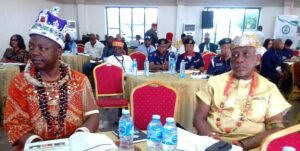
Represented by Chief Toby Okechukwu, the Executive Director (Projects) in SEDC, Atuma said that the commission was fashioning out a robust youth skill engagement programme that would reinvigorate the productive capacity in the zone.
The Chairman of Anambra State Council of Traditional Rulers, Igwe Chidubem Iweka, decried the human and financial losses the zone had incurred due to violent conflicts and the Monday Sit-at-Home.
Iweka, who spoke on behalf of the traditional institution, urged the Federal Government to release Mazi Nnamdi Kanu so that the zone would distinguish between genuine Biafra agitators and bandits/gangsters.
The Secretary-General, National Youth Council, Chief Rikki Nwajiofor, noted that insecurity and violent conflict was heightened in the zone immediately Mazi Nnamdi Kanu was placed in incarceration.
Nwajiofor, who is also Speaker, Ohanaeze Ndigbo Youth Parliament, applauded the NCTC for the DDR Initiative, while calling on government to release Kanu “as his incarceration remains a push factor to violent conflict in the zone”.
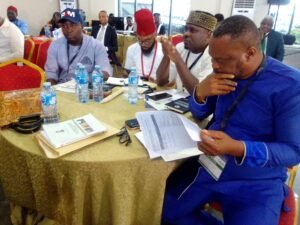
Dr Emeka Ononamadu, the Executive Director, Citizens centre for Integrated Development and Social Rights (CCIDESOR), Enugu, called for a holistic approach on the DDR framework; while ensuring that country’s zones would be treated equitable.
Ononamadu, who spoke on behalf of civil society organisations, appreciated the NCTC for the DDR framework that had the input of the people, adding: “Each zone should be treated fairly according to its peculiarities”.
The General Officer Commanding (GOC) of 82 Division, Maj.-Gen. Oluyemi Olatoye, enumerated how the Nigerian Army had helped to check activities of irredentist groups and criminals within the South East through its kinetic and non-kinetic approaches.
Represented by Brig.-Gen. Solomon Julius, Commander of Signals Corps of the Division, the GOC commended the NCTC for the DDR framework formulation, adding that the Division would cooperate with the centre to achieve the positive gains of DDR.
Dr Paul Nyulaku, DDR Technical Adviser, National DDR Framework and Strategy Development Project, said that “every region must define its peace” as DDR framework seek to aggregate inputs of critical stakeholders to formulate the National DDR plan-of-action.


